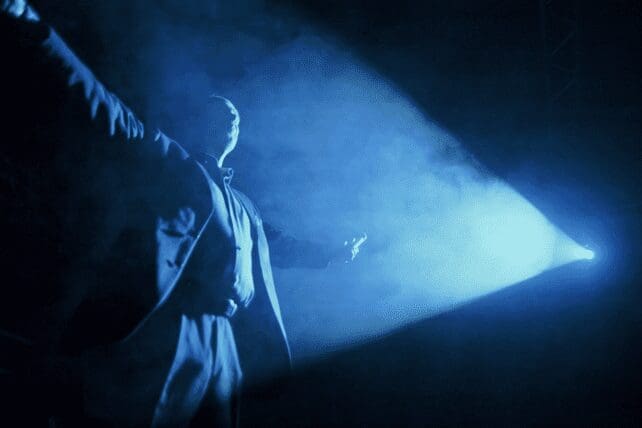The docuseries titled “Hillsong: A Megachurch Exposed” was made available to stream on Discovery+ on Thursday, March 24. The three part series follows Hillsong’s journey from small church plant to global empire, chronicling the various scandals surrounding Carl Lentz, Brian Houston, as well as Houston’s father, Frank Houston.
Throughout the documentary, Hillsong is characterized not as a church with a mission to build a global movement of Jesus followers but as a corporate empire led by a man bent on world domination.
How It All Began
Tanya Levin, who is a former Hillsong Sydney member and author of “People in Glass Houses,” described the early years of Hillsong Church, which began in 1983 under the name Hills Christian Life Centre. She referred to the congregation as a “small suburban church,” which was an offshoot of Sydney Christian Life Centre, a church founded and pastored by Frank Houston. Houston helped his son, Brian Houston, plant Hills Christian Life Centre in Baulkham Hills, New South Wales.
Levin went on to describe how some time in the late 1980s, the church began to change after Brian Houston became friends with American Pentecostal pastor and televangelist Casey Treat. It was then that Houston got a vision for a global church movement that would leverage the tactics and practices that were being popularized by American televangelists and prosperity preachers.
As the documentary showed archival footage of Houston preaching his vision for a global church that influenced culture and raised up a new generation of leaders, ominous music played beneath.
In the early 1990s, Hillsong Worship’s ability to meld Christian themes with current musical styles served to catapult the church into global influence with songs like “Shout to the Lord All the Earth.” While the moniker “Hillsong” originally only referred to the worship band, after their music became so popular, the church changed its name from Hills Christian Life Centre to Hillsong Church.
One interviewee described Hillsong’s process for creating new music as weekly product testing on a live audience, every Sunday morning. Singing new songs and gauging the congregation’s response, Hillsong was able to cultivate music that would connect with a broad audience of individuals and church communities.
The success of Hillsong’s music served as a lucrative revenue source to expand the ministry, allowing Hillsong to open dozens of new campuses throughout the 1990s and 2000s. The documentary characterized the church as a marketing machine, as Hillsong expanded from merely being a church, to building a music empire and leadership college, and putting on lucrative conferences where tickets cost upwards of $500.
Ben Kirby of PreachersNSneakers fame described the process as “a sales funnel” leading to “sales conversions,” that is “donations.”
“You’re not supposed to make consumers. You’re supposed to make disciples,” Kirby said.
Hillsong NYC and Carl Lentz’s Rising Star
Having already made an indelible mark on the culture of American evangelicalism through its music, in 2010, Hillsong launched a campus in New York City—its first in the United States. Interviewees who had attended Hillsong in New York described the music as “approachable” and the sermons “like a really dope TedTalk.”
Hillsong NYC was pastored by Carl Lentz, a Virginia native and Hillsong College graduate. Fit, fashionable, charming, and good looking, Lentz was the perfect fit for the brand Hillsong was seeking to build in New York.

